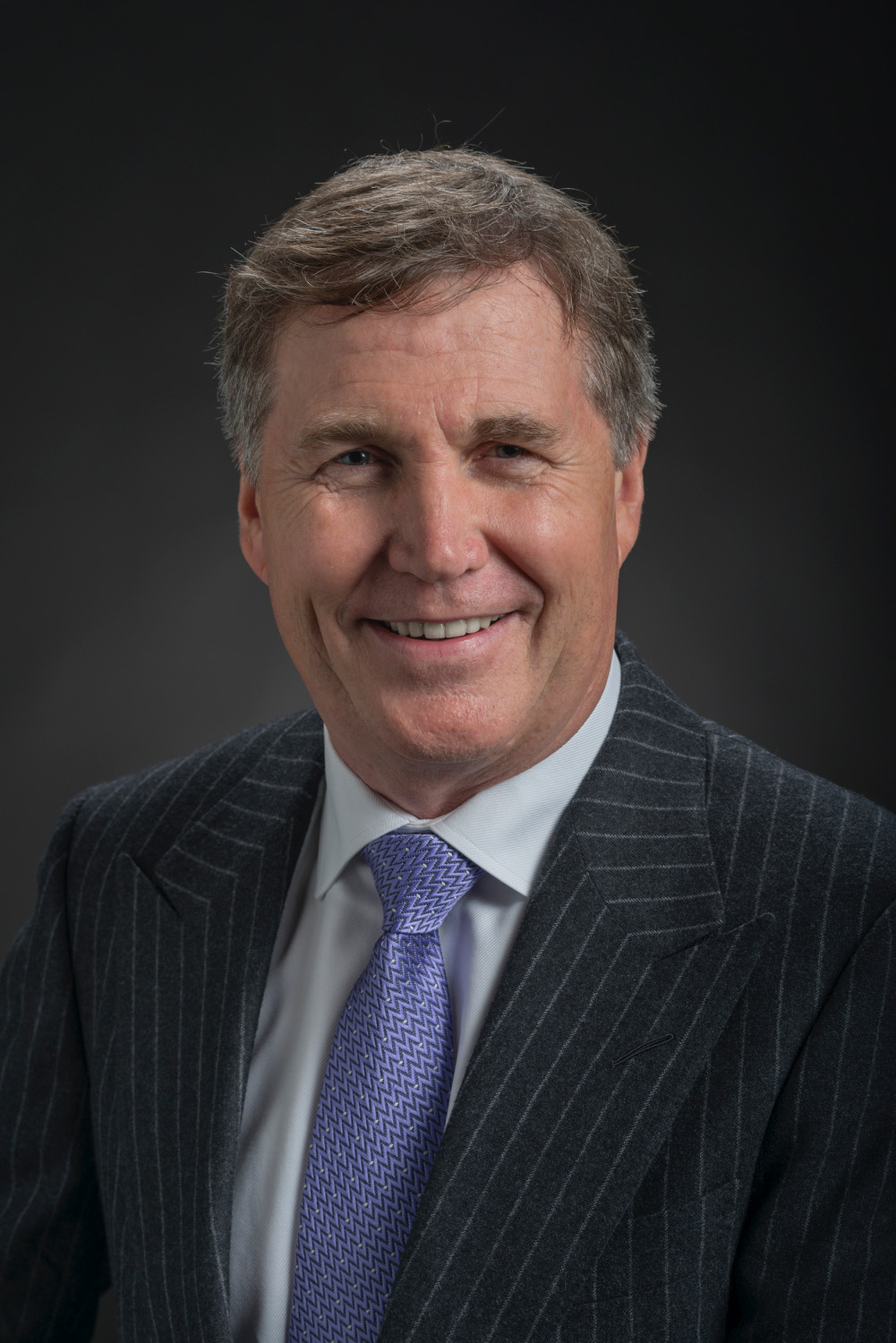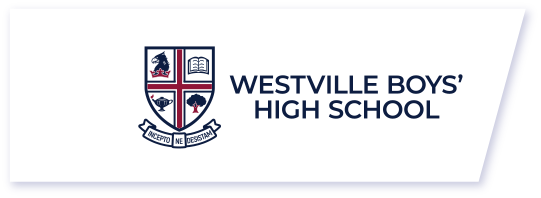Insights into resilience from Caterpillar Inc. Chief Financial Officer and Old Boy Andrew Bonfield
By Aydn Parrott
“The biggest lesson I learned at the school was around leadership. The school motto, ‘never shrinking from one’s purpose’ and the importance of education being all-round,” says Andrew Bonfield.
After decades steering major multinational groups through the choppy waters of financial crises, the current Caterpillar Inc. Chief Financial Officer is well placed to chat about how organisations and individuals can adapt to and survive during the Covid-19 pandemic.
“We talk about COVID-19 as an unprecedented crisis. As a CFO I worked through the bursting of the internet bubble around the time of 9/11, which caused a huge economic shock and at the time of the 2008 crash, we went through a lot of economic dislocation,” Andrew explains.
However he says what has happened during COVID-19 is different in that entire countries shut down their economies.
“I don’t think anyone has ever seen this shutdown of entire economies in their lifetime and I doubt anyone was prepared for it,” Andrew explains.
He says the good news is that central banks around the world got their act together really quickly.
“Normally what happens in a financial crash is that everyone seizes up and holds onto their liquidity,” Andrew explains.
He continues, “what that means then is that things start going wrong, first in the short term borrowing markets, and the effects get felt in the long term financial markets.”
“We did start seeing signs of what we would call stress in the short term markets but because the central banks action was so quick, and because we did certain things like maximising our cash on hand and making sure we had enough sources of liquidity. We were comfortably able to withstand the shock,” Andrew says.
Andrew says, “Those playbook things that we did around the time of 9/11 and the financial crisis did work again.”
Andrew explains that another major challenge has been around technology and making sure that people could work remotely.
“What we have seen through the pandemic and what has been great for everybody is that effectively we went through technology changes of two years in a period of two months,” Andrew states.
He says, “things like Zoom and MS Teams have become platforms for working and we had to get used to it. However, I think the secondary impact of the pandemic is going to be felt later this year,”
Andrew says this secondary impact is where senior management team members are concerned about what is going to happen to their staff and the resilience of their teams particularly as winter arrives and people are stuck at home.
“Our biggest challenge at the moment is keeping manufacturing staff at work and keeping office based people fully productive due to concern of the impact of covid on staff,” Andrew explains.
Andrew says the situation requires leadership and ensuring that executive leaders help people through the crisis with empathy.
He says, “the empathy we need to have with our people is really the most important and most challenging as an executive.”
“This is not something you can just learn out of a book or something like that,” Andrew explains, “you have to try and practically work on it. You have to make sure that you have the right emotional intelligence.”
At Caterpillar Inc. Andrew says they have seen a significant drop in revenue as a result of what has happened during the pandemic.
He says because they sell very large machines which cost a substantial sum of money during a crisis people delay making those purchase decisions because they don’t want to make that level of financial commitment.
Speaking about preparing for and withstanding a crisis, Andrew says, “make sure you have as much cash available as possible and make sure you have the maximum liquidity available to you as possible.”
“Cash is king and cash allows you to weather any storm that comes your way,” Andrew says.
“We have a financial services company which loans money for people to buy CAT equipment,” says Andrew.
He explains that the financial services company has a 30 billion dollar loan book.
“Liquidity and cash is really, really key. Make sure you have enough resources available to you to make sure you have what you need to survive,” Andrew says.
Andrew says he and his team manage resilience at work through daily resilience calls and meeting with direct staff.
This is done to ensure everything is working and communication lines are kept open.
Another trend Andrew has spotted during the crisis is business communities increasingly working together. He says he observed a growing collaboration across different companies..
Those companies that have seen changes to their business model and have had to adapt, have also offered interesting insights into adapting and staying the course during a crisis.
Using MS Teams as an example, Andrew says, “initially you could only have four people, now you can have more.”
He goes on to say, “technological change is also helping those companies facilitate the collaborative process.”
Andrew says, “I do think the pandemic has and will change the way we work together. It has accelerated the shift towards working from home.”
He adds that a major challenge is people struggling with their children not being back at school and learning how to manage that.
He believes people will start balancing working from home with working in the office.
“I see people possibly going into the office but not five days a week. People will miss the water cooler chat and being able to walk up the corridor and ask a question or chat,” Andrew explains.

Andrew Bonfield
